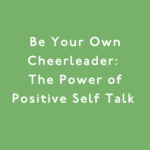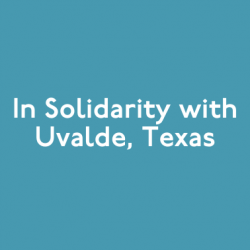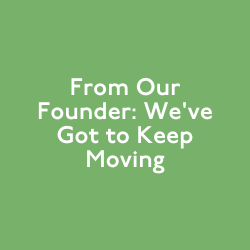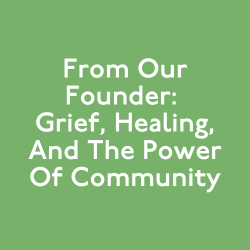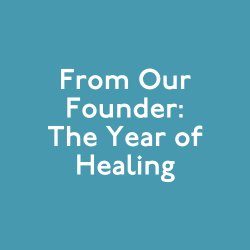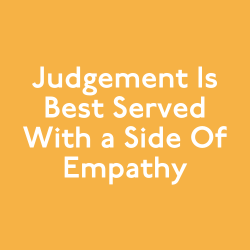Written by Founder and CEO, Sara Potler LaHayne
When Paul McCartney was growing up, he didn’t know many people like him.
They would ask what he liked to do or what he was about, and he told them he liked to write songs. In Liverpool, during the height of Liverpool F.C.’s dominance at soccer, most people quickly changed the subject to more familiar territory like last weekend’s victory.
As such, McCartney was a bit of a loner growing up. He felt isolated. Nobody really wanted to connect with him on that level, perhaps not understanding what songwriting was all about or not thinking it a real profession in a tough, working class town.
McCartney could have easily succumbed to the pressure of being lonely. He could have packed up his guitar and traded it for a Liverpool scarf. He could have taken a job at the dock and spent his evenings in the pub, along with everyone else.
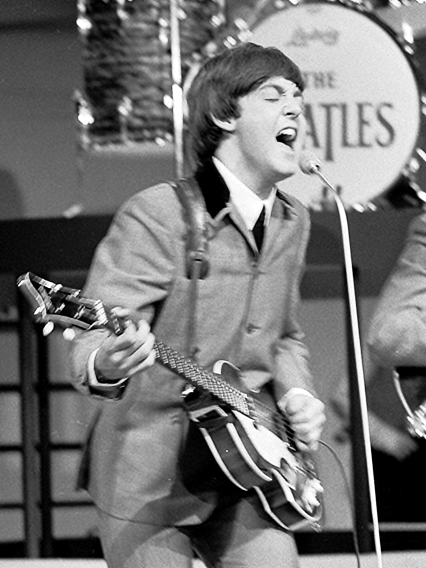
But he didn’t do that. He kept playing guitar and writing songs. And one day, a day he’ll never forget, he met John Lennon, who said he wrote songs, too. After meeting, they played guitar together, wrote songs together, and went on to form the most iconic band in rock history.
—
When was the last time you went to a movie by yourself?
I don’t mean the last time you were stood up on a date or a friend flaked out on you. I mean the last time you decided to go to a movie, or a play, or a concert, or a gallery, by yourself?
Have you ever done so? It can be quite a remarkable experience. You’ll probably catch yourself looking around once or twice after a joke or a sad moment. It’s a reflex. We are so accustomed to being connected to friends and family, to receiving immediate feedback or cues about the way we should be acting, you might find yourself checking to see whether it’s okay to laugh or cry.
It’s a micro example of a macro problem. We are used to checking our emotions for the people around us, to making sure we’re acting appropriately, that we’ve become better at masking our emotions to fit in than expressing them to stand out.
We’re also accustomed to being with other people. There are safety in numbers, our instincts scream out. Study after study shows the horrible effects of isolation on the human brain. We are hardwired to make friends, to form partnerships, to work together.
But when you take time to step outside of this dynamic, the mind runs free. Observational skills kick in. Awareness is heightened. You can see, hear, and feel how groups change interactions, perceptions, and perspectives.
That experience is creative fuel. For people like McCartney, who spent countless hours focusing on his craft by himself, it translated to lyrics that millions of people formed a deep connection to.
By holding his creativity sacred, he gave the world an incredible gift.
Today, we are overrun by communication. We are constantly connected to friends, family, and colleagues. If we really audit our time and energy usage, does all of that communication fill us up or zap us out?
If we’re not intentional about how and with whom we share, our creativity, and our value, can be diminished.
So can our gifts.





